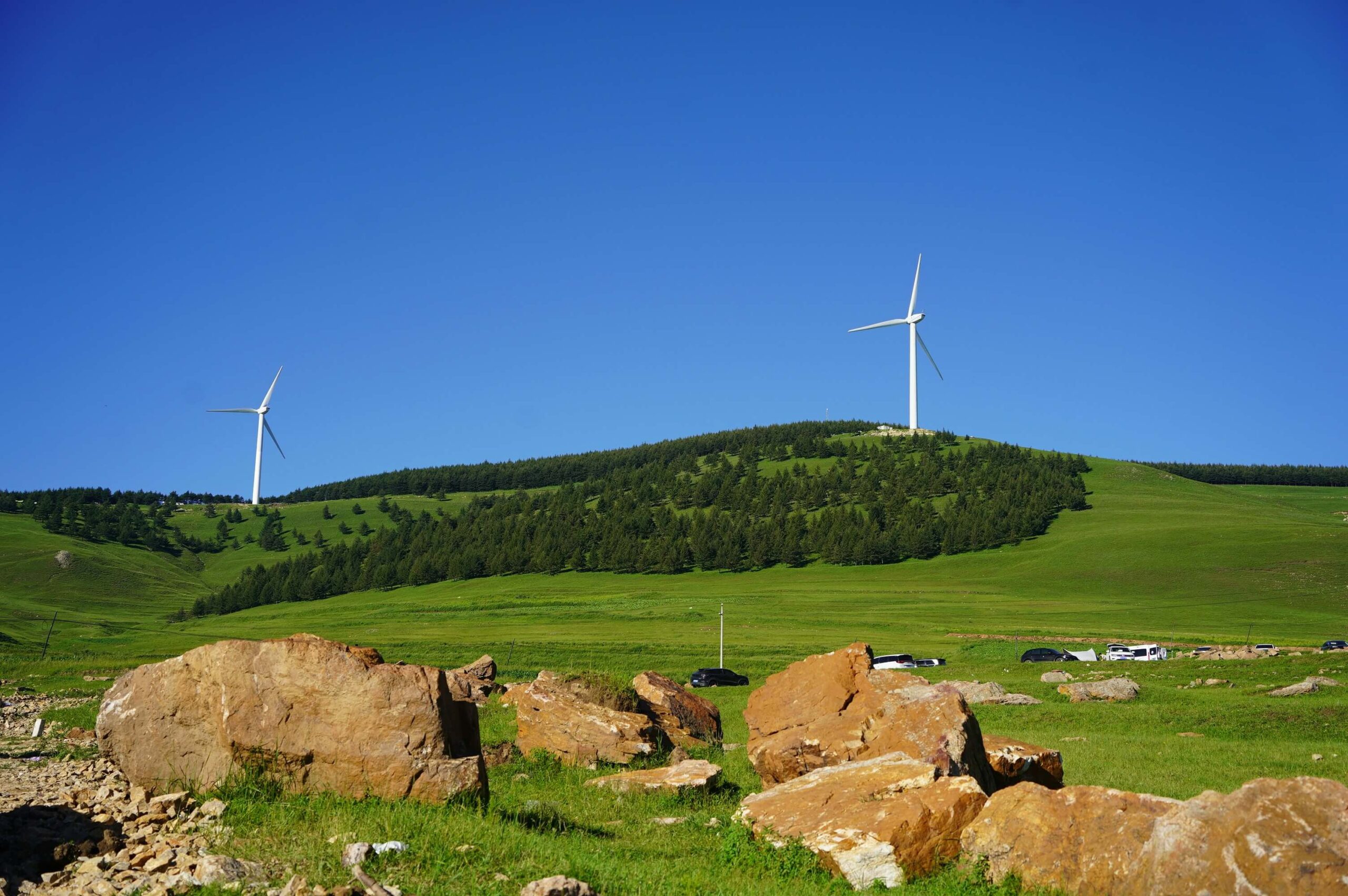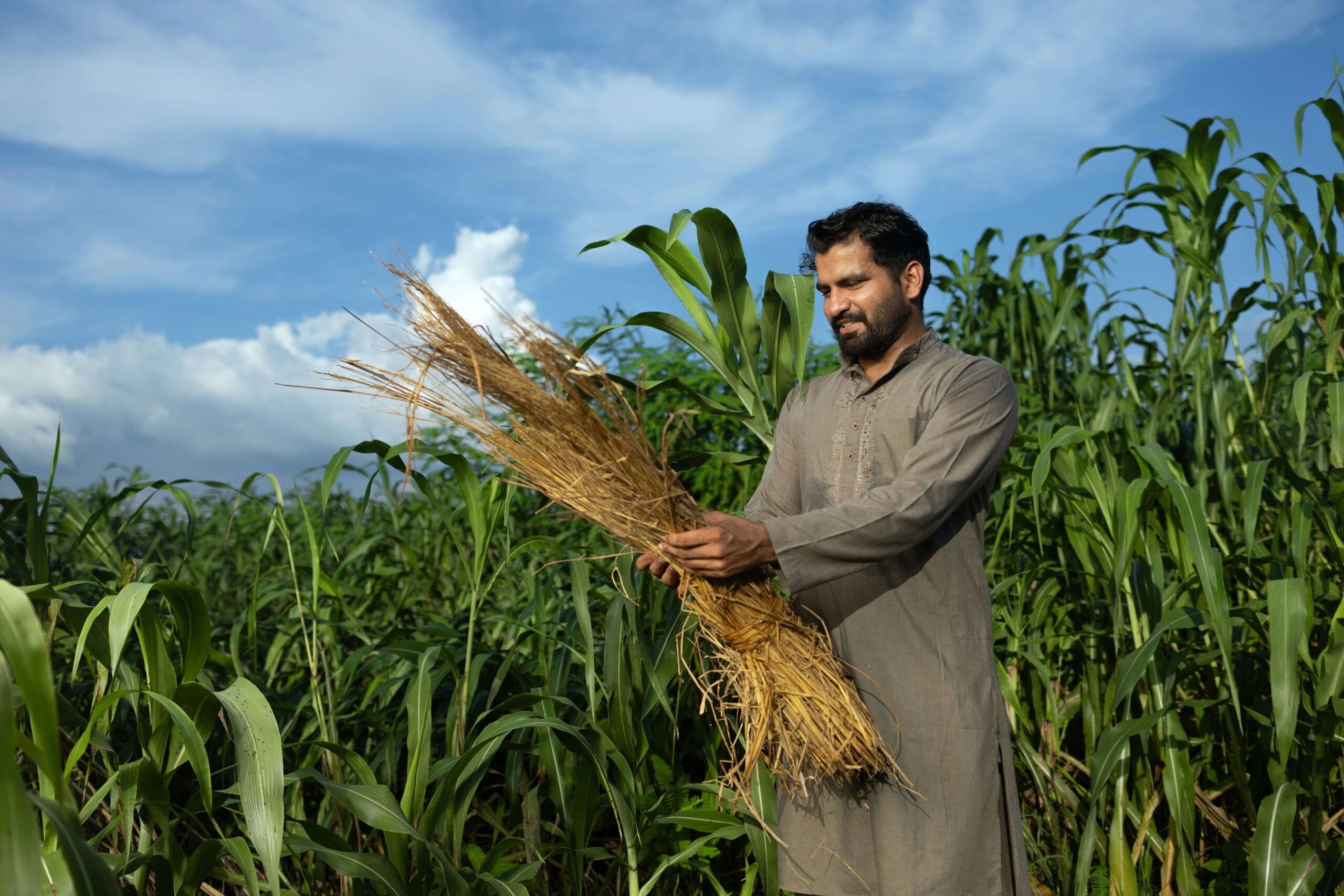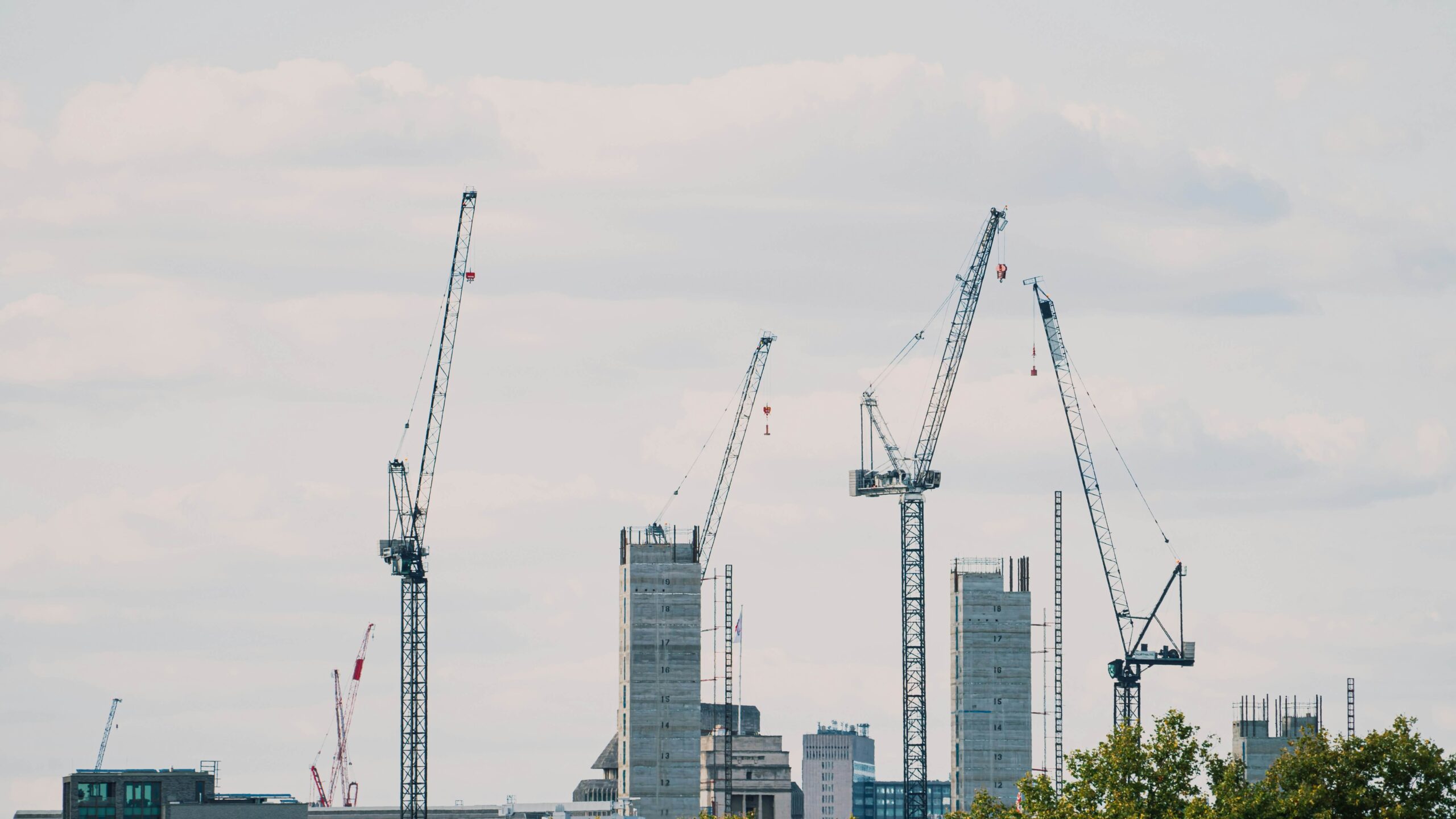Syria has enormous potential in terms of its rich cultural heritage, strategic location and natural resources. Sustainable development and economic diversification will be crucial in determining prosperity as the country looks to the future. Strategic investments across important industries that can yield both short-term effects and long-term growth are required if Syria is to realise this potential. The areas where investment could have the greatest impact on Syria’s economy and citizens are examined below.
How Can Syria Acquire New Investments?
By creating a transparent regulatory environment, streamlining corporate processes and gaining the trust of investors, Syria can draw in new investment. Long-term commitments can be further encouraged by combining incentives for private enterprise with strategic partnerships with regional and global stakeholders. Attracting both domestic and foreign investors will require promoting stability and unambiguous economic policies.
Building Investor Confidence
Stability and confidence are just as crucial for investment to flow into any economy as opportunities or resources. Investors feel more secure when making financial commitments when there are clear regulatory frameworks, open policies and encouraging business environments. Syria can lay the groundwork for investments that are both drawn in and maintained by promoting trust, promoting cooperation between the public and private sectors and guaranteeing effective governance. This stability guarantees that the advantages of investment reach communities nationwide and permits long-term projects to thrive.
Strengthening Regional Trade Links
Syria has easy access to both regional and global trade routes due to its geographic location. The nation can establish itself as a major commercial hub by enhancing logistics and coordinating with nearby markets. In addition to attracting investment, stronger trade relations give companies the chance to grow beyond domestic demand over the long run.
Encouraging Innovation and Entrepreneurship
Small and medium-sized businesses (SMEs) and startups contribute agility, creativity and new ideas to an economy, while large-scale projects bring about significant change. Homegrown solutions that meet regional needs can be unlocked by promoting entrepreneurship through incubators, mentorship and easier access to funding. Additionally, this innovative culture diversifies the economy and gets it ready for new challenges.
In Which Areas Do Syria Need Investments?
Syria can achieve long-term growth by making targeted investments in areas like agriculture, energy, infrastructure, technology, healthcare, education, tourism, manufacturing and finance. The country can make jobs, diversify its economy and improve the quality of life for its people by making these areas stronger.
There are many opportunities and the right mix of public investment, private business and international cooperation could help Syria reach its full potential as a dynamic and competitive economy in the area.
Agriculture and Agribusiness
Agriculture has always been one of Syria’s most important industries. It employs a lot of people and is the backbone of the economy. The climate, rivers and fertile plains of the country are great for growing many kinds of crops, such as wheat, barley, fruits, vegetables and olives.
Investing in new farming tools, irrigation systems and eco-friendly methods could greatly boost yields while cutting down on water waste. In addition to farming, agribusiness opportunities like food processing, packaging and distribution would add value to raw produce, increase exports and create jobs. Building cold storage and better logistics could also cut down on waste and make sure that supplies are more stable in both domestic and international markets.
Renewable Energy
Syria gets a lot of sun and has a lot of untapped potential in renewable energy, especially solar power. Solar farms, rooftop solar panels and microgrid solutions could help meet the growing need for electricity while making us less dependent on fossil fuels. Wind power and small-scale hydroelectric projects could also help make the energy mix more varied.
Renewable energy not only helps the environment, but it also opens up new jobs in local manufacturing, installation and maintenance. Syria can lower energy costs, attract investors who care about the environment and lay the groundwork for long-term growth by focussing on clean energy.
Infrastructure Development
Infrastructure is the most important part of economic growth. Roads, ports, airports and railways are important for trade and getting around, while utilities like electricity, clean water and sanitation are important for a good quality of life. Investing in modern infrastructure would make it easier for people in Syria and its neighbours to connect with each other, which would make trade easier and open up new markets.
Infrastructure in cities is just as important. Cities would be more liveable if they had more affordable housing, better public transportation and smart city solutions. These changes would also create thousands of jobs in construction and engineering. Public-private partnerships could be very helpful in paying for and running these big projects.
Technology and Digital Economy
A strong digital sector can be a big driver of growth. Putting money into broadband internet, digital infrastructure and IT hubs could help new businesses get started and give tech startups more chances to grow. E-commerce, fintech and digital services are just a few examples of fields that could help Syrian businesses reach global markets and make it easier for people to get financial services.
Digital tools can also make education, healthcare and government better. For instance, e-learning platforms could make education available to more people and telemedicine services could bring healthcare to places that don’t have enough of it. Syria would also be able to compete in the global digital economy if it trained people in coding, cybersecurity and data analysis.
Healthcare and Pharmaceuticals
For long-term success, the healthcare sector needs to be strong. Putting money into hospitals, clinics and healthcare technology could make it much easier for people to get good care. Partnerships between the public and private sectors in healthcare can help modernise facilities, make it easier to get tests done and improve medical training.
There is also potential in the pharmaceutical industry. Syria can make medicines and sell them to people in its own country and in the region. If the pharmaceutical industry invests in research, development and regulatory standards, it could become a big part of exports and the economy’s growth.
Education and Skills Development
For growth to continue, you need a highly skilled workforce. Putting money into schools, vocational training centres and universities would make sure that young people have the skills and knowledge they need to succeed in today’s economy.
Vocational training programs in fields like construction, manufacturing and IT could help industries that need more workers right now. Partnerships between schools and businesses would also make sure that the curriculum meets the needs of the job market. Over time, this leads to a cycle of new ideas, more work and more competition.
Tourism and Cultural Heritage
Some of the world’s most amazing historical and cultural treasures are in Syria. The country has a lot of room to grow its tourism industry, from old cities to archaeological sites. Investing in things like hotels, eco-lodges and guided tours could bring in tourists from both the area and other countries.
Cultural tourism and educational exchanges, in addition to leisure tourism, could help preserve Syria’s heritage and create jobs for local people. Eco-tourism programs could also encourage conservation and eco-friendly travel, which would bring in more money.



